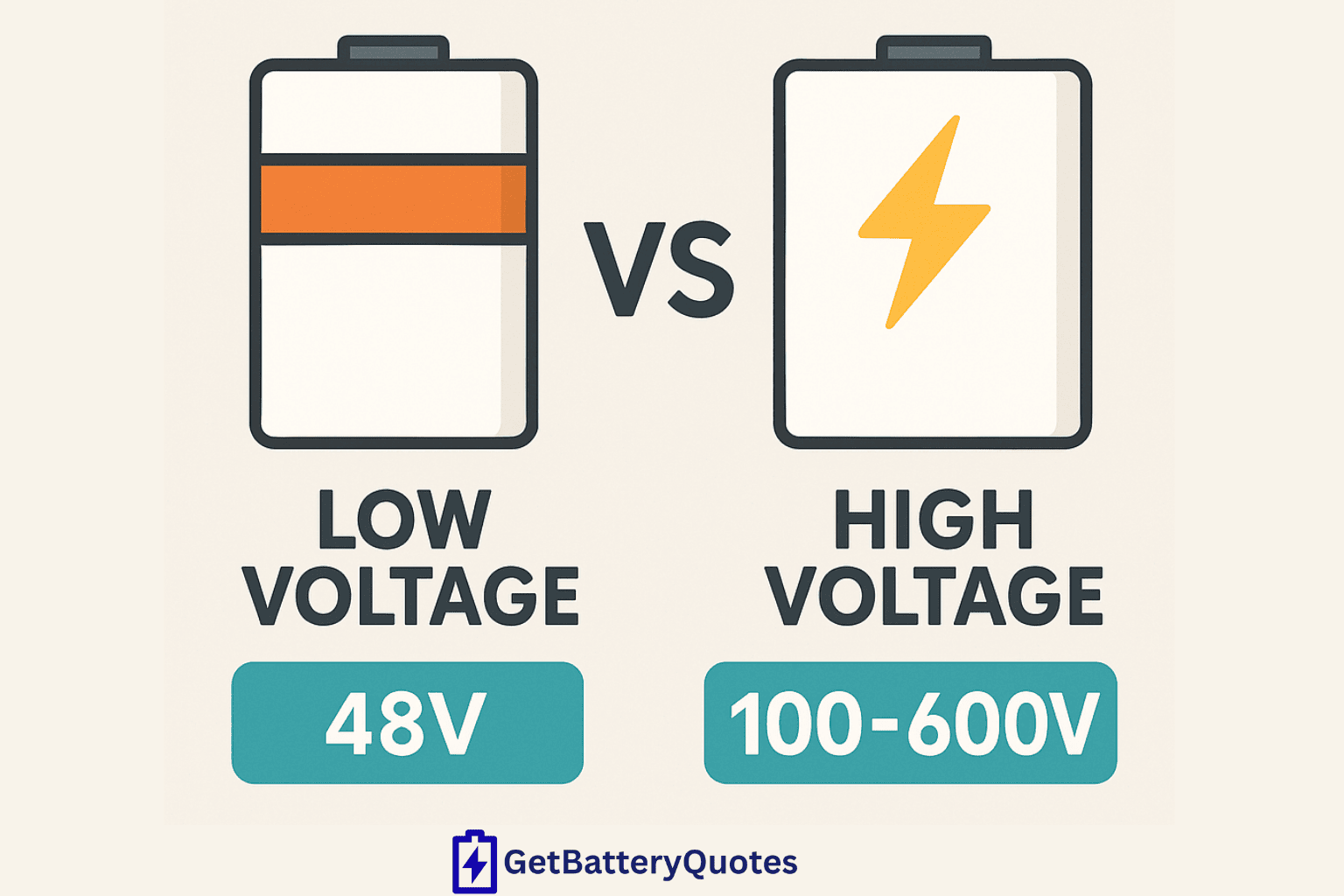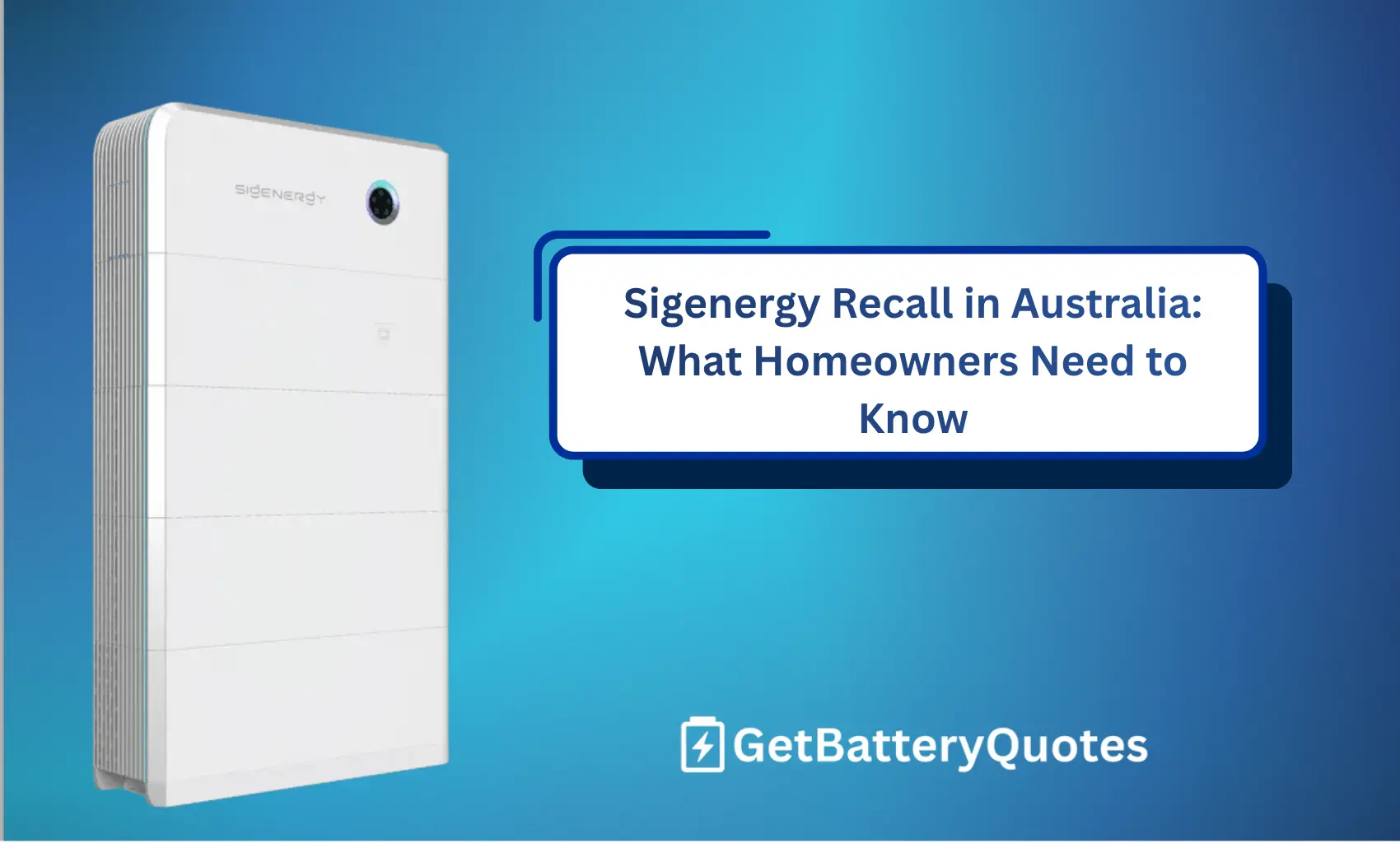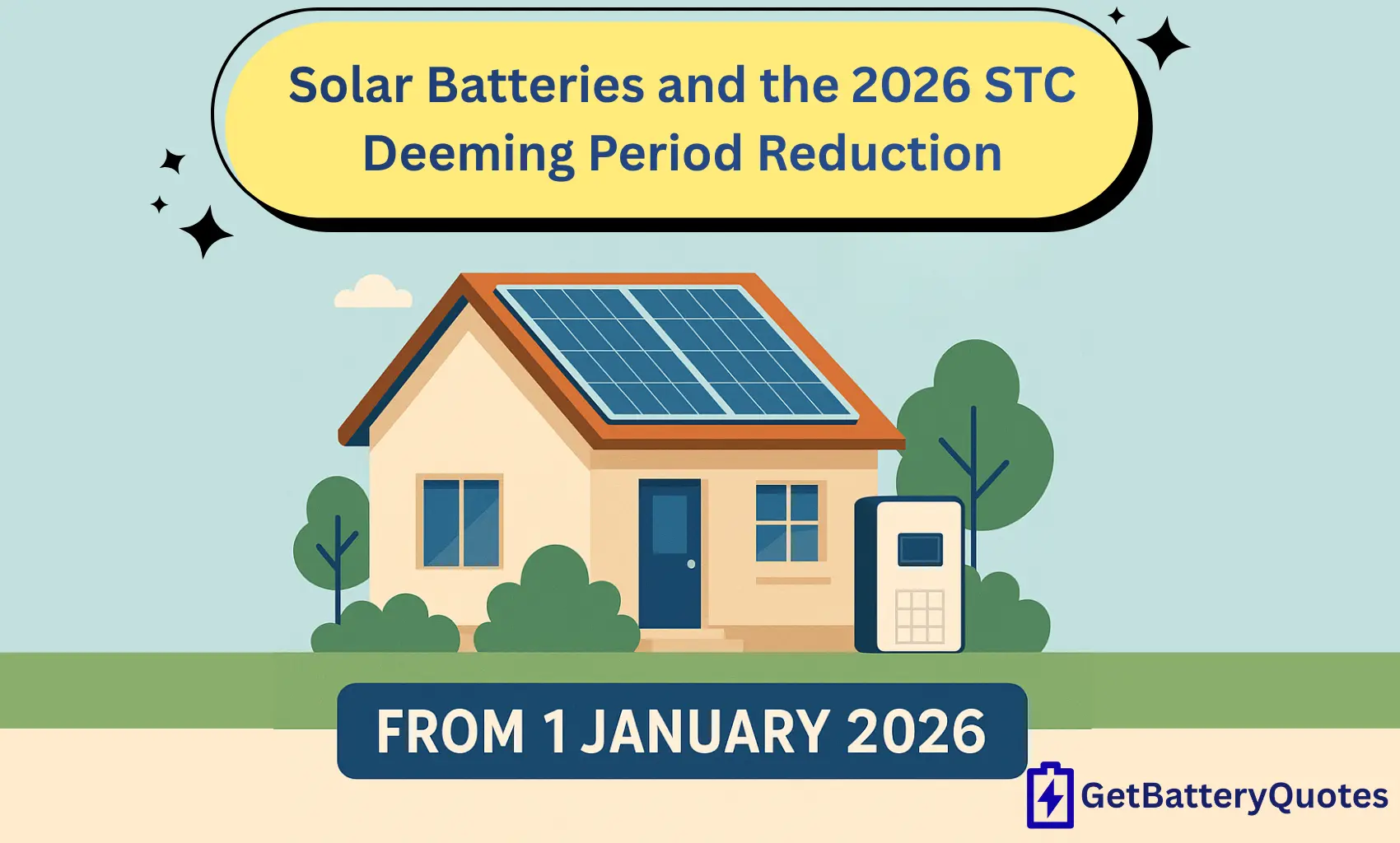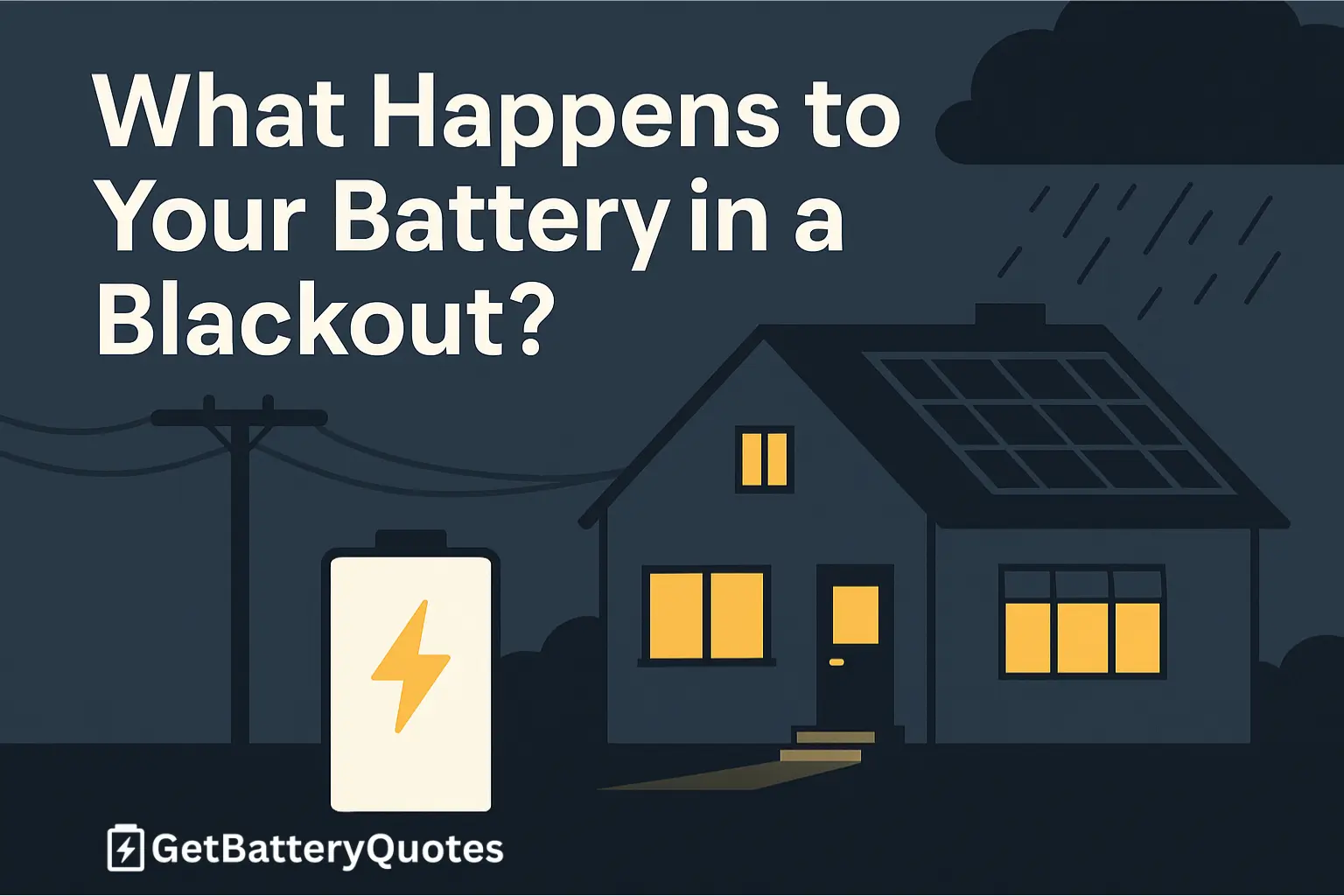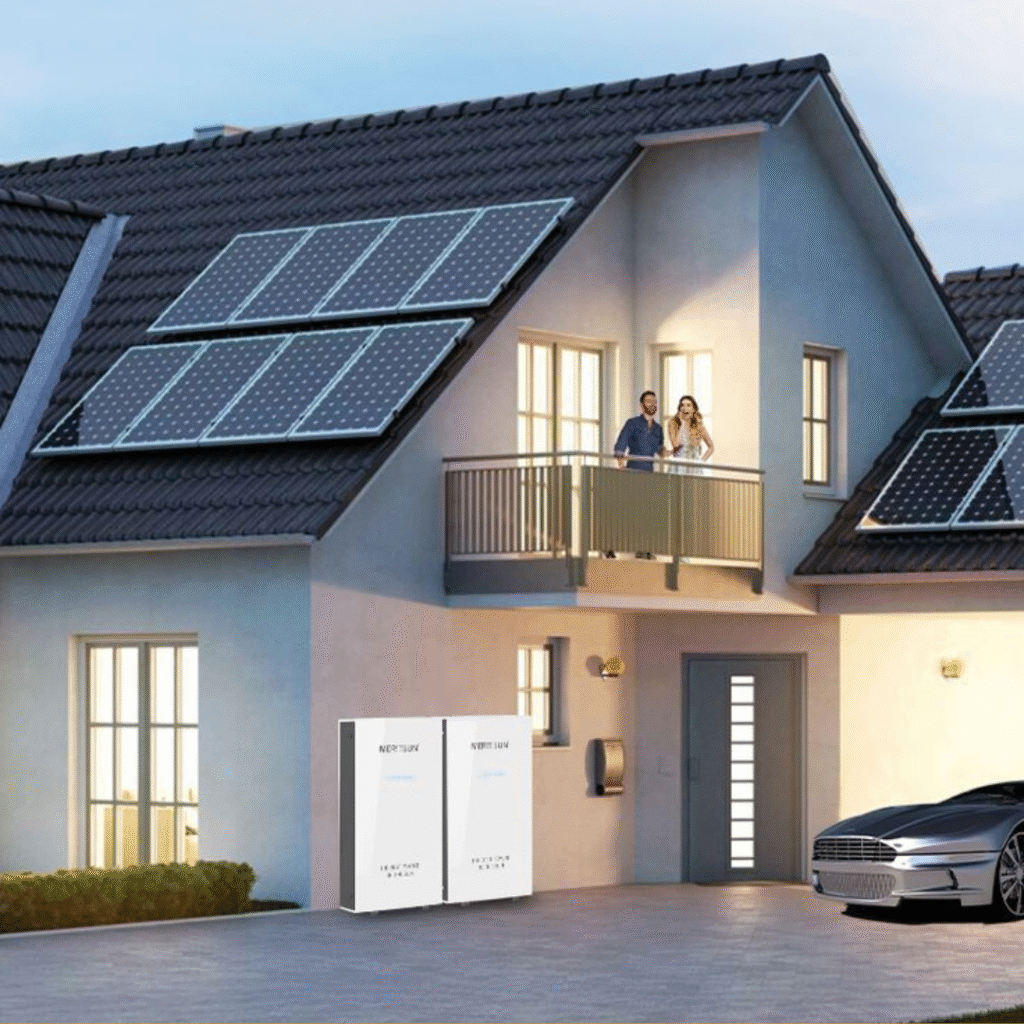What Do We Mean by Battery “Voltage”?
- Low voltage batteries typically operate at 48 volts
- High voltage batteries can range from 100 to 600 volts, depending on the model and configuration
This difference matters when it comes to system performance, safety, and inverter compatibility.
Key Differences Between Low and High Voltage Batteries
Here’s a side-by-side comparison of how they stack up.
| Feature | Low Voltage Battery | High Voltage Battery |
|---|---|---|
| Voltage Range | Around 48V | 100V to 600V |
| Efficiency | Slightly lower, especially under load | Higher efficiency, lower losses |
| Power Output | Best for smaller loads | Can support large appliances |
| Backup Capability | Limited backup support | Better for whole-home backup |
| System Type | Suits smaller or retrofit systems | Better for new, scalable setups |
| Inverter Matching | Must use a compatible low-voltage inverter | Must use a compatible high-voltage inverter |
| Example Brands | BYD LVS, Alpha ESS SMILE5 | BYD HVS/HVM, Sungrow SBR, SolarEdge Home, Sigenergy |
Why Voltage Affects Performance
- High daily energy usage
- Three-phase power supply
- Larger solar arrays or EV chargers
Low voltage batteries still perform well in smaller homes or where loads are moderate. They’re also a popular choice for battery retrofits, where an existing solar inverter setup limits compatibility.
Common Battery Brands by Voltage
To help make things clearer, here’s a list of well-known battery models available in Australia, grouped by voltage type.
🔋 Low Voltage Batteries (Around 48V):
- BYD Battery-Box LVS
- Alpha ESS SMILE5
- GoodWe Lynx Home U Series
These are often used in smaller systems or retrofits, especially where compatibility with an existing low-voltage inverter is required.
⚡ High Voltage Batteries (Typically 100V and above):
- BYD Battery-Box HVS and HVM
- Sungrow SBR Series
- SolarEdge Home Battery
- Sigenergy SigenStor
High voltage systems are commonly installed in larger homes, new solar-plus-battery builds, and where high performance or full backup is needed.
Safety and Installation Considerations
Which One Should You Choose?
There’s no one-size-fits-all answer, but here’s a quick guide:
Choose a Low Voltage Battery if:
- You have a smaller home or lighter energy use
- You’re retrofitting a battery to an existing solar system
- You want a simple, proven solution with lower upfront cost
Choose a High Voltage Battery if:
- You want greater efficiency and faster charging/discharging
- You’re planning for whole-home backup or future expansion
- You’re installing a new solar and battery system together
A qualified installer can help you assess your usage patterns, inverter compatibility, and budget to recommend the best option.

